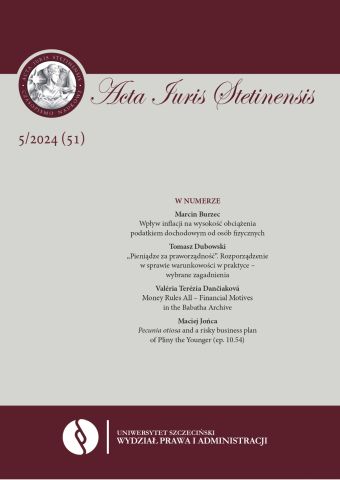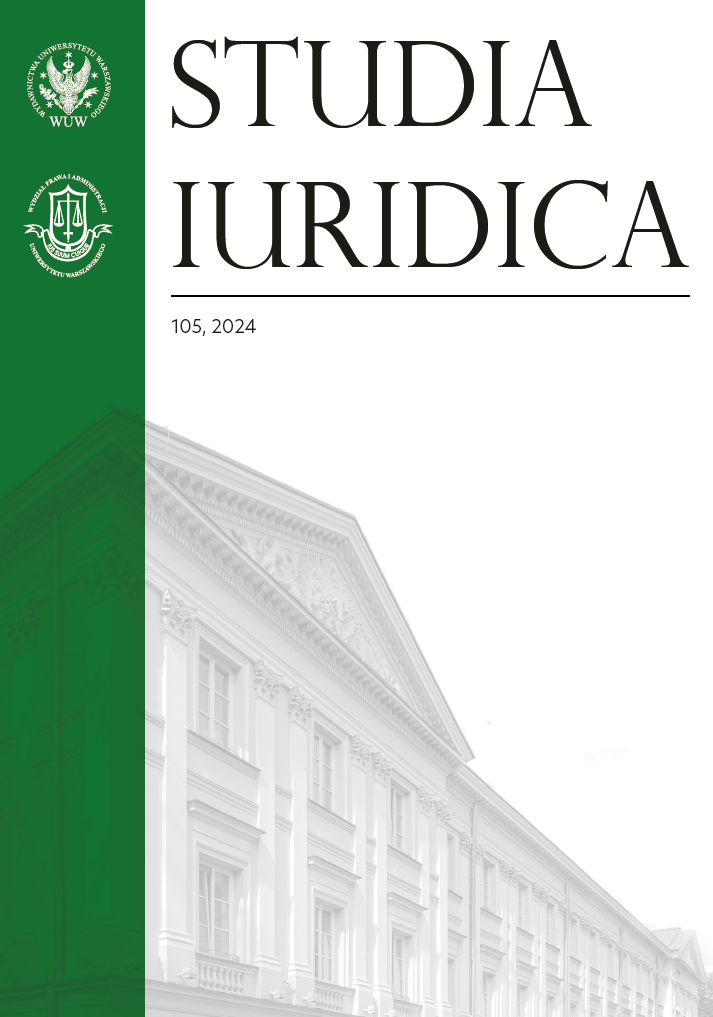СРПСКИ ГРАЂАНСКИ ЗАКОНИК И КВАЗИДЕЛИКТИ
Although quasi-delict is not a legal category in the Serbian civil code of 1844, articles812-814 show the reception of Roman law. Three Roman quasi-delicts were received into Serbian modern codification (furtum vel damnum in nave aut in caupona aut in stabulo, deiectum veleffusum, positum vel suspensum). The same is true for ABGB of 1811 which served as a model for Serbian codification. Roman law was the dominant factor in determining the shape of the rules. The rules can be fully understood regarding their form and substance only if there is an inquiry into their cultural history.
More...

